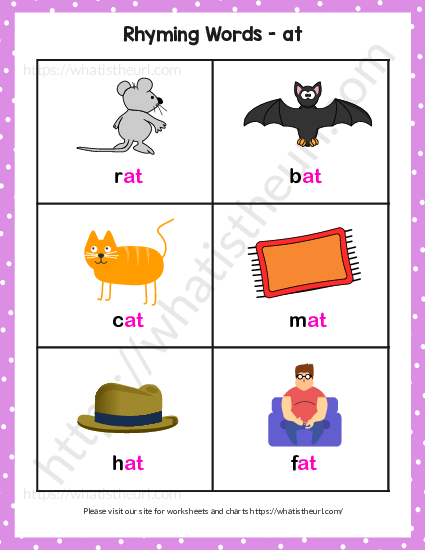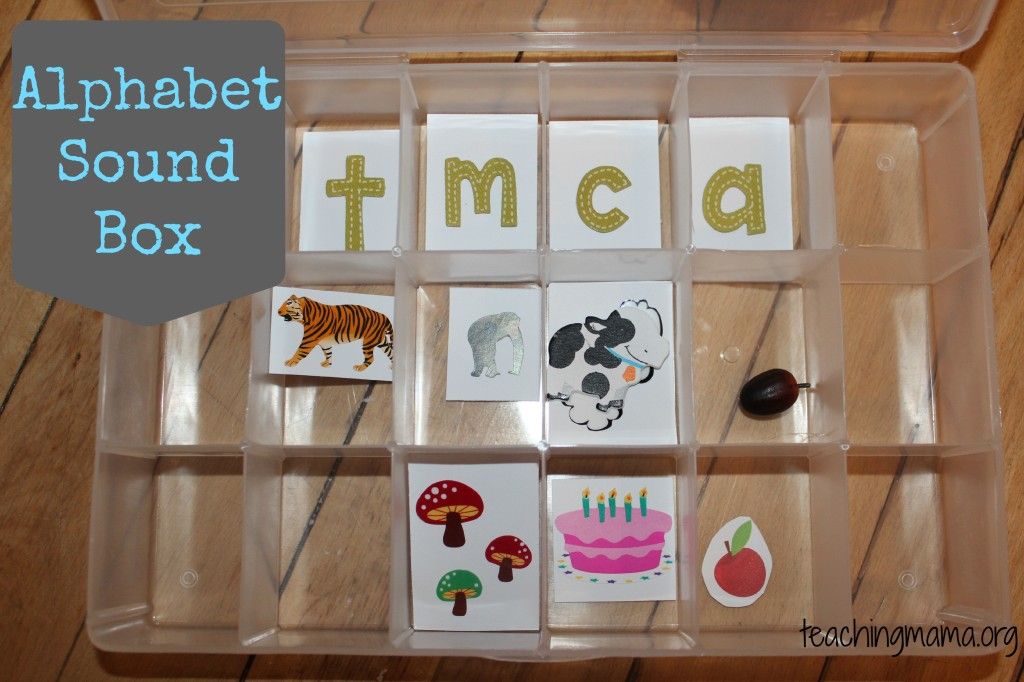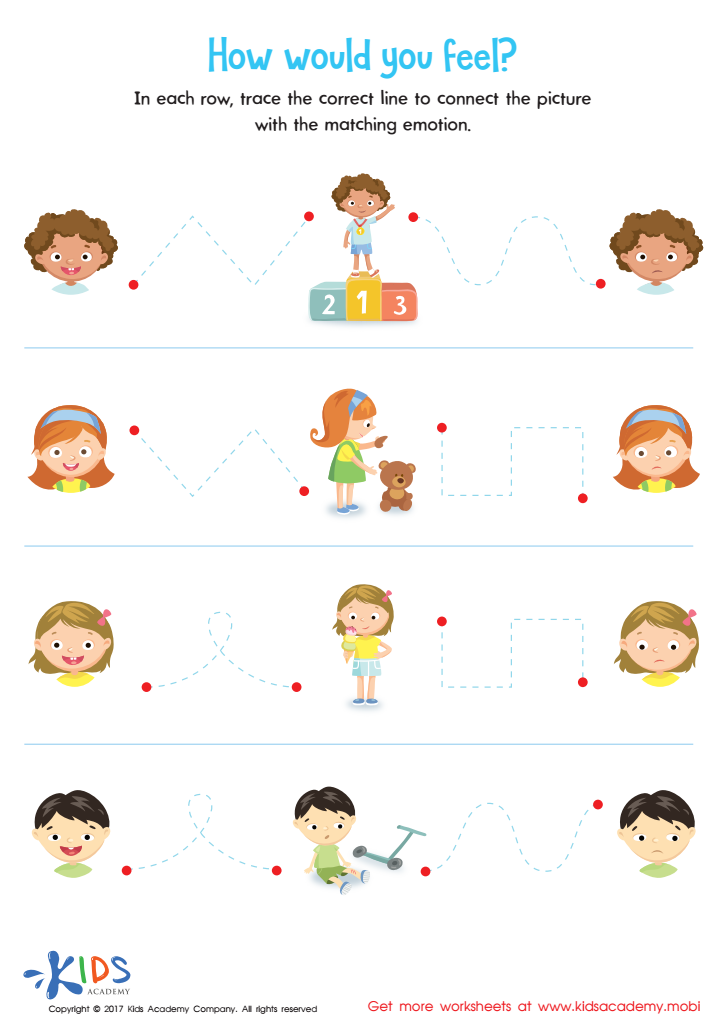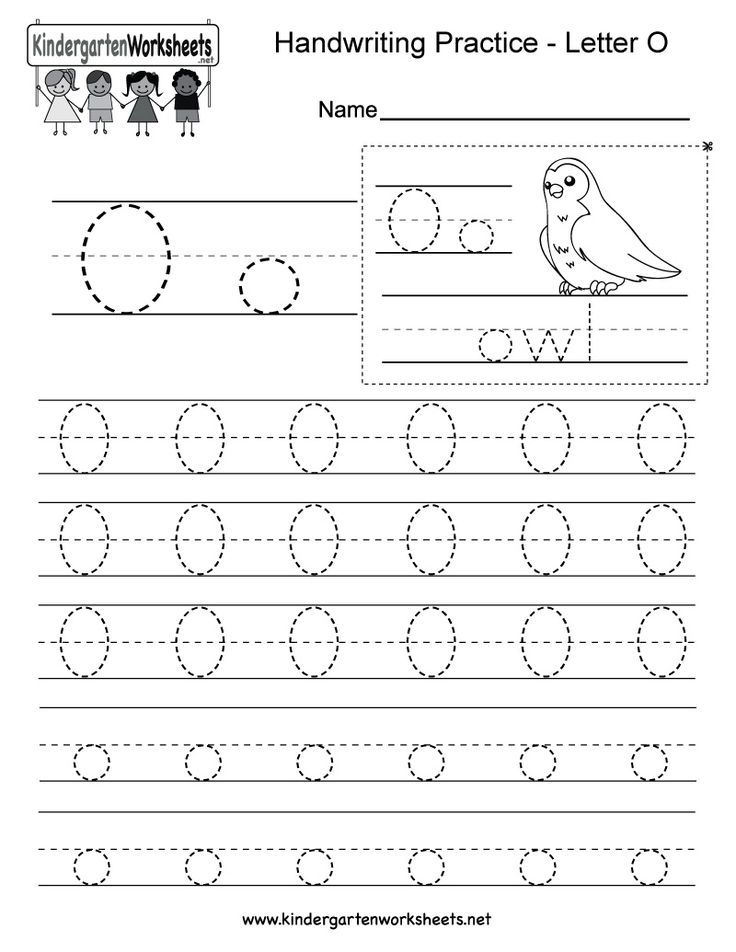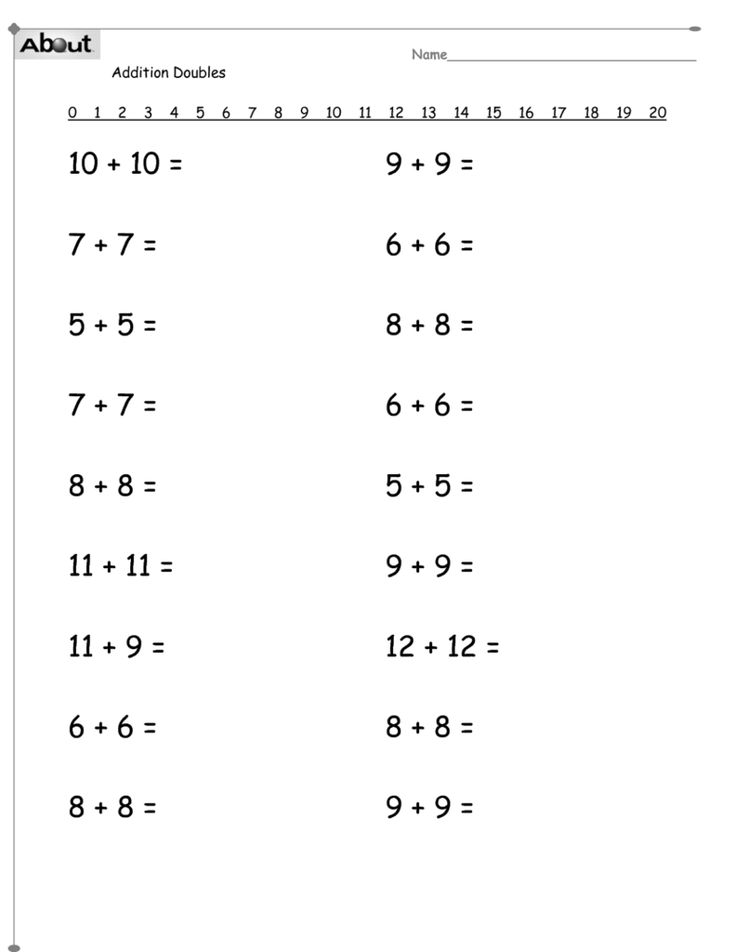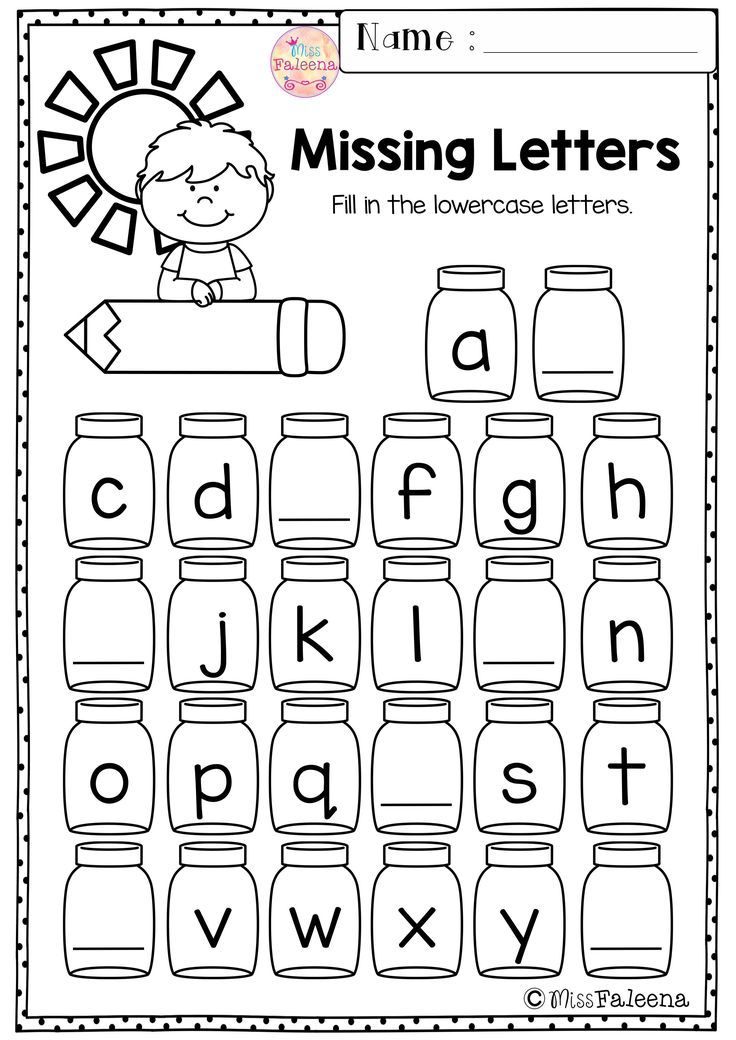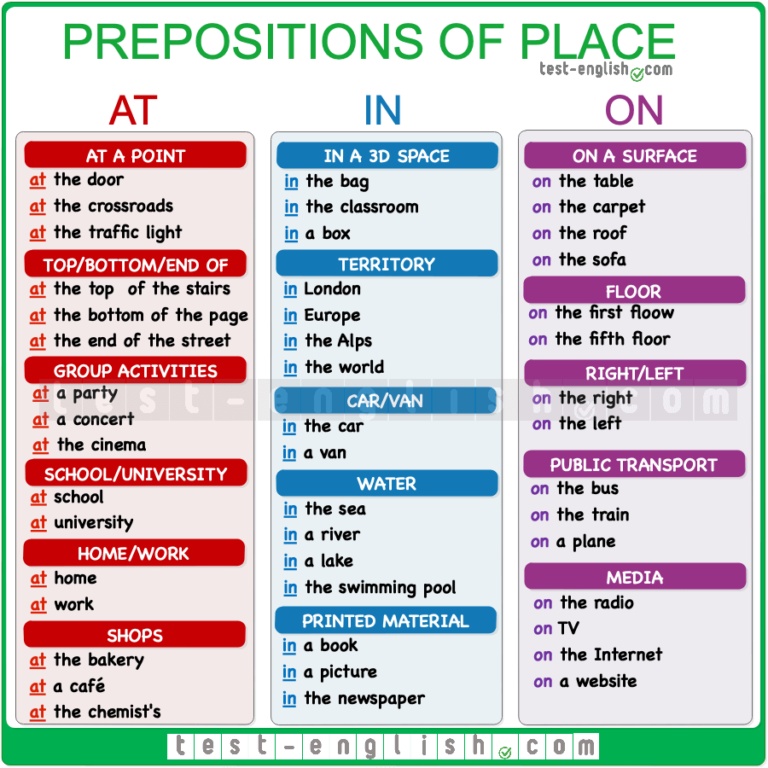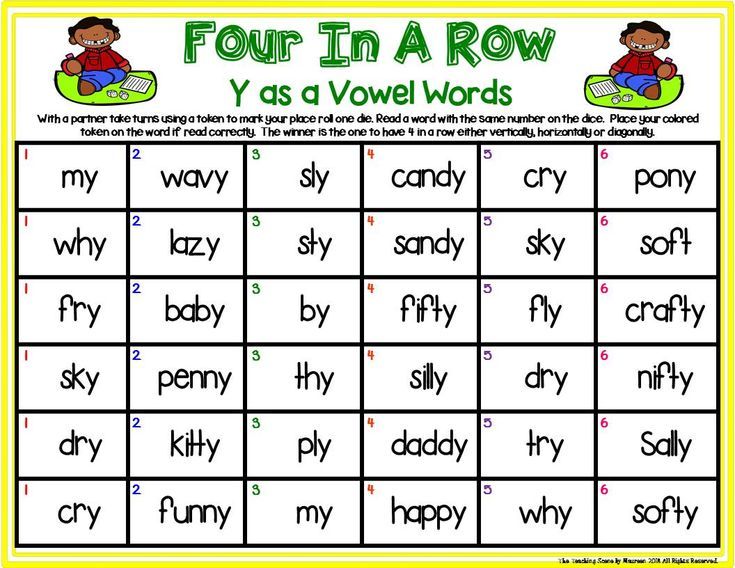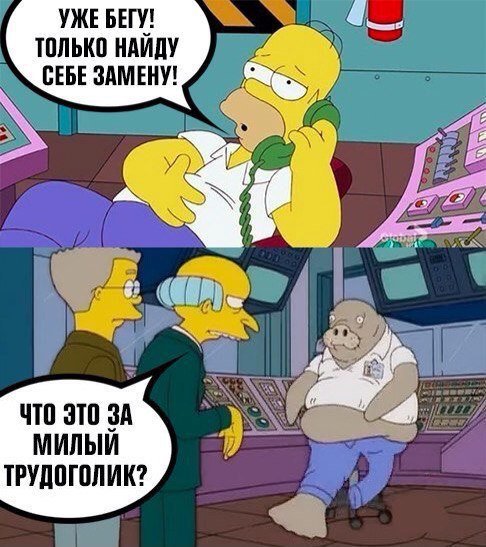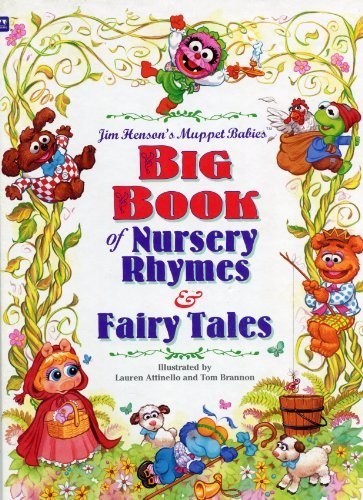Emotional rhyming words
241 best rhymes for 'emotional'
1 syllable
- Will
- Skull
- Dull
- Null
- Mull
- Sul
- Tull
- Cul
- Hull
- Lull
- Gull
- Ul
2 syllables
- Triple
- Simple
- Little
- Pistol
- Crystal
- Middle
- Single
- It'll
- Civil
- Riddle
- Scribble
- Signal
- Cripple
- Whistle
- Missile
- Symbol
- Sinful
- Brittle
- Dribble
- Nipple
- Pimple
- Tickle
- Nickel
- Fiddle
- Ripple
- Twinkle
- Sprinkle
- Sizzle
- Sickle
- Wiggle
- Pickle
- Fickle
- Shrivel
- Swivel
- Skittle
- Drizzle
- Dismal
- Jingle
- Dimple
- Nibble
- Blissful
- Giggle
- Trickle
- Fizzle
- Chisel
- Fearful
- Tingle
- Mingle
- Himmel
- Kimmel
- Drivel
- Mineral
- Kindle
- Pixel
- Tittle
- Nimble
- Spittle
- Fistful
- Frizzle
- Final
- Channel
- Whittle
- Minstrel
- Bittle
- Wishful
- Bristol
- Jiggle
- Thistle
- This'll
- Distal
- Fiscal
- Tinsel
- Wrinkle
- Mitchell
- Cheerful
- Twiddle
- Dwindle
- Vigil
- Tearful
- Skillful
- Pringle
- Riffle
- Kibble
- Swindle
- Piddle
- Spindle
- Tinkle
- Widdle
- Stickle
- Shingle
- Sniffle
- Wistful
- Willful
- Dingle
- Apple
- Purple
- Level
- Devil
- People
- Lethal
- Couple
- Normal
- Travel
- Evil
- Gentle
- Metal
- Equal
- Bottle
- Rattle
- Pencil
- Battle
- Hustle
- Barrel
- Special
- Total
- Mental
- Title
- Social
- Several
- Natural
- Settle
- Tunnel
- Fatal
- Brutal
- Mortal
- Puzzle
- Actual
- General
- Castle
- Circle
- Label
- Able
- Local
- Handle
- Double
- Needle
- Humble
- Trouble
- Bible
- Michael
- Rebel
- Model
- Cycle
- Verbal
- Uncle
- Bubble
- Table
- Vocal
- Angel
- Candle
- Temple
- Pedal
- Awful
- Eagle
- Struggle
- Peaceful
- Careful
- Jungle
- Painful
- Muscle
- Spinal
- Loyal
- Fuel
- Cruel
- Stumble
- Legal
- Royal
- Sequel
- Turtle
- Cattle
- Anal
- Shovel
- Feeble
- Rifle
- Grateful
- Thankful
- Marshall
- Vital
- Stable
- Rumble
- Trial
- Moral
- Sample
- National
- Cable
- Global
- Dial
- Throttle
- Angle
- Dental
- Fragile
- Idol
- Crumble
- Rubble
- Rival
- Strangle
- Faithful
- Rational
- Hostile
- Subtle
- Racial
- Gospel
- Facial
- Journal
- Saddle
- Hateful
- Portal
- Medal
- Rental
3 syllables
- Personal
- Hospital
- Typical
- Lyrical
- Physical
- Critical
- Magical
- Musical
- Cynical
- Chemical
- Capital
- Official
- Medical
- Fictional
- Hannibal
- Mystical
- Digital
4 syllables
- Devotional
- Irrational
Want to find rhymes for another word? Try our amazing rhyming dictionary.
If you write lyrics you should definitely check out RapPad. It has tons of useful features for songwriters, lyricists, and rappers.
Words That Rhyme With "Emotional"
Rhymes | Synonyms
include near rhymes
Filter Resultsshow rare words
show proper nouns
show consonances
All|Nouns|Verbs|Adjectives|Adverbs
3 syllables:
national, notional, passional, rational, sociable
4 syllables:
additional, binational, concessional, conditional, confessional, congressional, devotional, discretional, erosional, foundational, insociable, irrational, negotiable, nutritional, obsessional, precessional, processional, professional, promotional, recessional, relational, rotational, sensational, suspicional, traditional, transitional, transnational, unnational, unsociable, vocational
5 syllables:
aberrational, compositional, computational, confrontational, congregational, connotational, constitutional, conversational, depositional, educational, generational, gravitational, ideational, illustrational, inspirational, institutional, international, intranational, intuitional, invitational, involutional, irrotational, motivational, multinational, navigational, nonprofessional, nontraditional, occupational, operational, presentational, prevocational, progestational, recreational, situational, supernational, superrational, supranational, suprarational, unconditional, unemotional, unprofessional, unsensational, untraditional
6 syllables:
coeducational, denominational, extraprofessional, improvisational, interconfessional, investigational, organizational, paraprofessional, representational, semiprofessional, stratificational, unconstitutional
7 syllables:
intergenerational, nonrepresentational
8 syllables:
interdenominational
Game rhymes
Sergeeva T.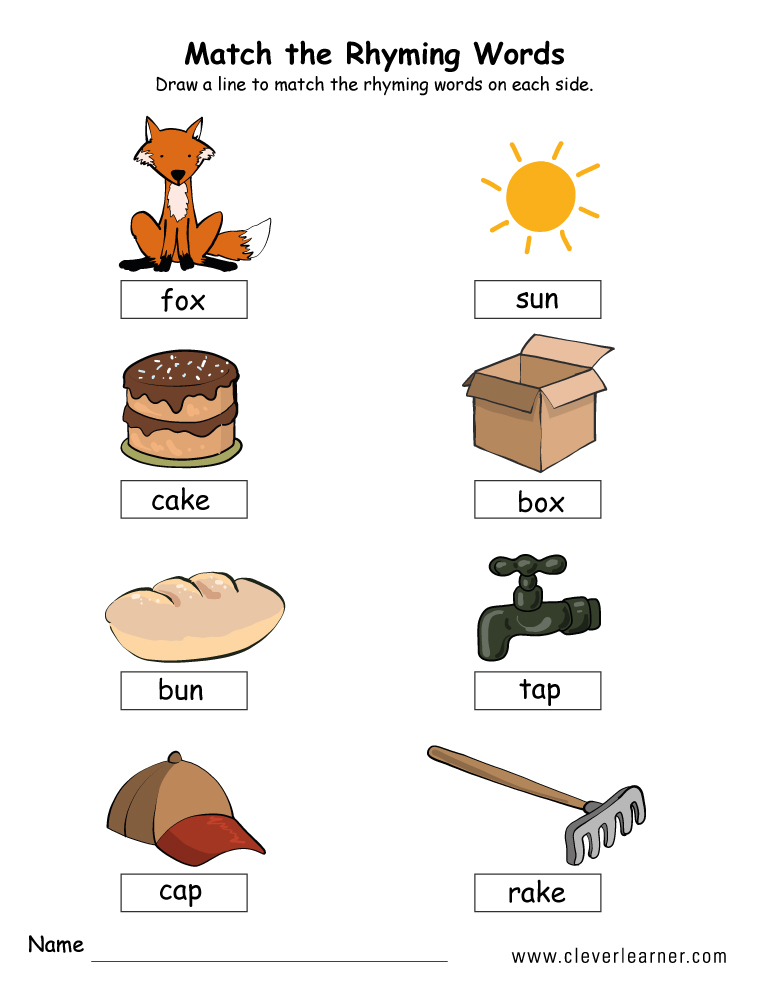 V.
V.
Chain rhyme
GOALS
- Teach children to answer with a word consonant with the one named.
- Learn to feel the rhythm, rhyme.
Teacher
Guys, let's play soon.
We will choose different words!
Say any words, okay?
But only such that it turns out ...
(smoothly).
What words similar in sound can be found for the word bird?
Children. Titmouse, small, singer.
Teacher. Speaking of bunny?
Children. Know-it-all, dunno, runaway, jumper, runaway.
Teacher. Speaking of cat?
Children. Spoon, bowl, basket, accordion, midge, potato, window, leg, earring, matryoshka.
Teacher. Speaking of mouse?
Children. A bump, a puff, a puff.
Teacher. Speaking of cancer?
Children. Poppy, tank, varnish, like.
Variant
The teacher throws the ball and pronounces a word, the one who catches the ball answers with a word consonant with the name.
Stove - sheep, river.
Birdie - titmouse.
Magpie - white-sided.
Bunny - runaway.
Find a pair
GOALS
- To teach children to match words that are similar and different in sound-rhythmic structure.
- Develop visual memory.
Teacher. Connect the words of the two columns so that you get a rhyme.
Edge Grass
Firewood Scallop
Herringbone Hut
Cockerel Needle
White-sided Fox
Bunny Cornflower
Magpie Sister
Titmouse Flower
Cowardly Bird
Variant
Picture words can be suggested. Children find a picture that is similar in sound-rhythmic structure.
Game with pictures
OBJECTIVES
- Teach children to choose a rhyme for the word - the name of the picture.
- Develop language flair.
First you need to prepare cards with pictures from which you can make rhyming words, for example, a picture of a pipe, another picture of a sponge. All pictures are located on a large table or on a carpet on the floor.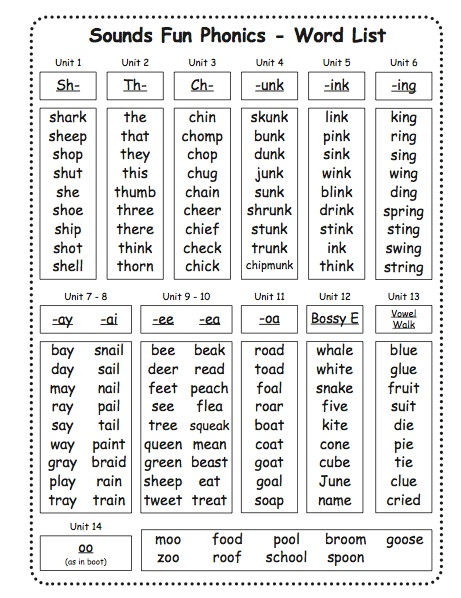 Children distribute them in rhymes. For example, near the picture of a river there is a picture of a stove, a donkey is a goat, a cat is a spoon, a watering can is a snake, etc.
Children distribute them in rhymes. For example, near the picture of a river there is a picture of a stove, a donkey is a goat, a cat is a spoon, a watering can is a snake, etc.
Options
1. One child takes a picture, the other finds a picture with a rhyming word. Both say their words out loud. The group repeats.
2. Place pictures face down. Open one picture and say the corresponding word out loud. Whoever can name the rhyming word gets a picture and can open the next one.
3. One picture is opened. All children draw an object called a rhyming word. Here the solution is represented by a figure.
Say a word
OBJECTIVES
- Teach children to write their own rhyming lines.
Teacher. You already know how to pick up rhyming words. Today we will try to make suggestions.
Where were you, squirrel, walking?
Children
I collected nuts.
Teacher
The squirrel jumped fast,
Children
Lost all the nuts.
Teacher
Whom did you find, hedgehog?
Children
I brought a squirrel to you.
Teacher
Yesterday we played in the forest,
Children
We saw a huge mushroom.
Teacher
A fungus stood aside,
Children
The hedgehog couldn't find it.
Teacher
Like a little hedgehog
Children
Shoes have become torn.
Teacher
And our squirrel
Children
Clean plates.
We are poets
OBJECTIVES
- To teach children to compose quatrains that contain a whole story.
Teacher
The teacher says to Paraska:
“What fairy tales have you read?”
Paraska thinks, "Oh,
I haven't read any!"
And behind someone whispers:
"Turnip!"
Paraska yelled: "Cap!"
Today we will also come up with funny poems. What or who do you want to write about?
Children answer.
Let's talk about the cat, let's support Serezha. I will write down what you tell me, and then I will read out what we have done.
Children come up with unexpected situations with a cat by rhyming words.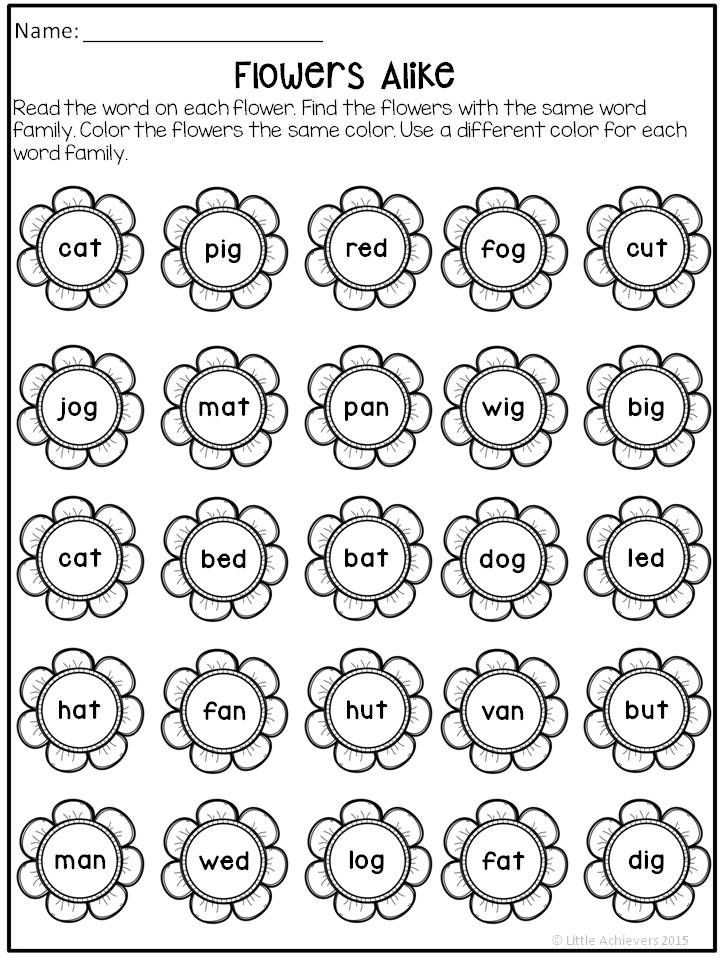
Children. The cat sat on the window. The cat saw a midge. The cat took a basket and went for potatoes. The cat sat on the window and dangled its legs. The cat put all the spoons in a basket.
Council. The most important thing is not to leave the words of children without attention. And for each word come up with a rhyme.
Stories to rhyme
OBJECTIVES
• Teach children to write simple rhymes.
• Learn to distinguish between the sound and semantic sides of speech.
Teacher. Do you already know what rhyme is in poetry?
For example, the rhyme for the word flower can be a leaf, and for the word porridge - curdled milk. Bear cub Misha wants to teach you how to do it. They drew funny pictures with Druzhok and came up with inscriptions in verse for them. And the last word in the second line of each rhyme was not completed. Find the right rhyme yourself. It's not difficult at all.
A friend is behind the fence and looks timidly,
How cleverly a friend is wielding .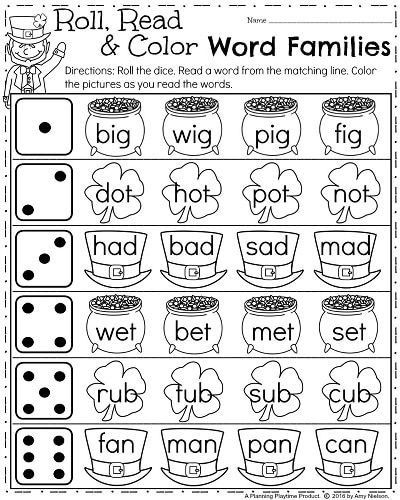 .. (with chalk).
.. (with chalk).
Druzhka is disturbed by one thought
Will they see ... (elephant).
When Mishka gets tired of playing
Let him stand at the gate ...
(mouse).
All morning they searched and searched until
Found a new bowl...
(Druzhka).
Help Dunno compose poetry
OBJECTIVES
• To teach children to distinguish between sound and semantic aspects of speech.
The teacher brings N. Nosov's book "Adventure Dunno".
Teacher. Guys, did you recognize this book? Today I will tell you how Dunno wrote poetry.
... After Dunno did not turn into an artist, he decided to become a poet and compose poetry ... Dunno came to the poet Tsvetik and said:
- Listen, Tsvetik, teach me to compose poetry. I also want to be a poet.
- Do you know what a rhyme is?
- Rhyme? No, I do not know.
- Rhyme is when two words end in the same way, - explained Tsvetik. - For example: a duck is a joke, a shortbread is a walrus. Understood?
- Understood.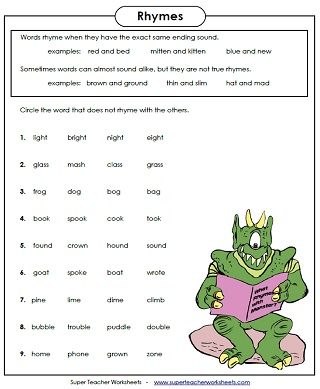
- Well, say a rhyme for the word "stick".
- Herring, - Dunno answered.
Guys, help Dunno.
Game in progress.
All day long Dunno wrote poetry and finally came up with:
Znayka went for a walk to the river,
Jumped over the sheep.
Hurry was hungry -
Swallowed a cold iron.
Under Avoska's pillow
There is a sweet cheesecake.
Find rhymes
OBJECTIVES
- Teach children to identify rhyming words from a text by comparing them.
Teacher. Today I will read B. Shergin's story "Rhymes" to you, and your task is to hear rhyming words. Do you agree?
Shish went to the city on his business. It was summer, it was hot.
An uncle rides a horse ahead. Shish and asked him to give a lift. He sat down next to his uncle. But Shish cannot sit silently. He is only silent when he sleeps. He says:
- Uncle, let's play rhymes.
- What is it - rhymes?
- And let's say it so that it was smooth.
- Come on.
- Here, uncle, what was your father's name?
- My dad's name was Kuzma.
Shish says:
I'll take your Kuzma
by the beard!
- Why are you going to take my dad by the beard?
Shish says:
- This, uncle, is for rhyme. Tell me what your grandfather's name was.
- My grandfather's name was Ivan.
Shish says:
Your grandfather Ivan
Put the cat in his pocket.
The cat is crying and sobbing,
Your grandfather is scolding.
The uncle got excited:
- Why would my grandfather put a cat in his pocket? Why are you picking up such rubbish?
- This is an uncle, for rhyme.
- I'll tell you a rhyme, what's your name?
- My name is… Fedya.
Uncle says:
If you are Fedya,
Then catch a bear in the forest.
Ride a bear,
Get off my horse!
- Uncle, I was joking. My name is not Fedya, but Stepan.
Uncle says:
If you are Stepan,
Get on the eroplane,
On the eroplane and fly,
Get off my horse!
- Uncle, I was joking.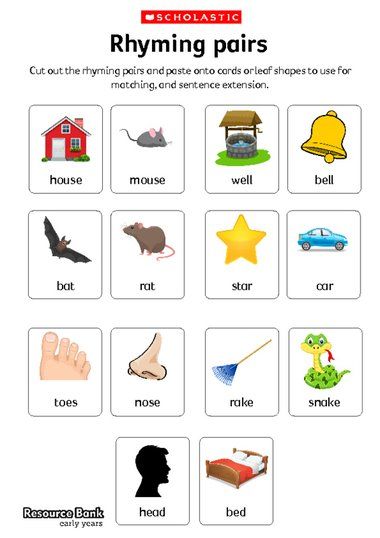 My name is not Stepan, but… Silantiy.
My name is not Stepan, but… Silantiy.
Uncle says:
If you're Silantius,
Then get off my horse.
- What are you, uncle, there is no such word - “tears”.
- Although not, get off anyway!
Shisha had to get off the cart. It serves him right. If a kind person carries you on a horse, you sit silently, and do not invent all sorts of trifles.
Children find rhyming words in the text and name them.
Artistic means and poetic context
L. Krasnova, Alexander Blok's Poetics. Essays, Ed. Lvov University, 1973, 230 pages. .
The first, largest essay deals with the role of rhyme in Blok's poetics. Here rhymes are counted, grouped, compared... However, the provisions for the justification of which, hopefully, this inventory was started, turn out to be unconvincing or obvious.
For example, the section devoted to rhymes in the "City" cycle. It would be very strange if a significant change in vocabulary in the poems of this cycle did not affect "in the field of final consonances.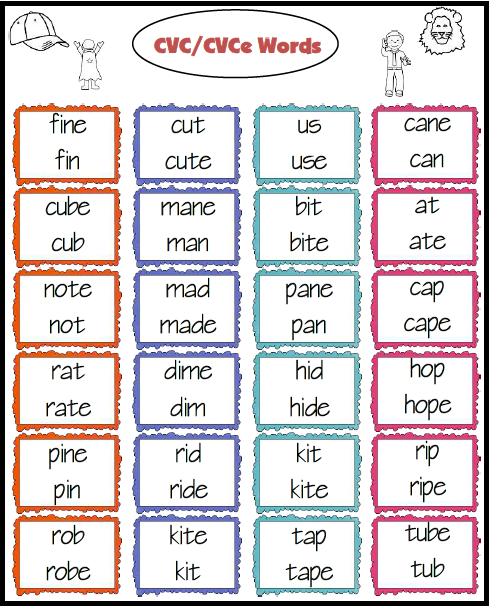 " However, the assertion that, thanks to the updated rhymes, “the tragic urbanism of the City cycle is perceived even deeper and more painfully” (compared to what?), at best, only betrays the author’s emotional attitude to the subject of his research.
" However, the assertion that, thanks to the updated rhymes, “the tragic urbanism of the City cycle is perceived even deeper and more painfully” (compared to what?), at best, only betrays the author’s emotional attitude to the subject of his research.
And one more thing. L. Krasnova writes: "Revealing his intolerant attitude towards the world of evil ... It is not by chance that Blok rhymes words with negative emotional and semantic content." Of course, not by accident. Poets are generally not characterized by the accidental use of words, especially Blok, who wrote in one of his articles that "the mental structure of a true poet is expressed in everything, down to punctuation marks." But it's not about the turn of phrase. The straightforwardness with which one of the facets of the poetic worldview correlates directly with the element of poetics is discouraging. Conclusions of this kind can hardly enrich our understanding of both the "spiritual structure" of the poet and the methods of his "perfect poetic embodiment)".
“After the City cycle,” we read further, “Blok will never return to rhymes… indifferent to the poetic phrase, to the idea, to the theme and idea of the work.” And a little earlier it was established that, for example, in "Poems about the Beautiful Lady" rhyme "should not distract from the general impression, on the contrary, it is designed to emphasize a certain mood. The soul of the poem is in the mood...” Thus, in the early cycles, rhyme “emphasized” what constitutes the “soul” of the poem, and in later cycles, its theme and idea. How do ideas about such evolution arise? One can hardly underestimate the ideological richness of "Poems about the Beautiful Lady". Or perhaps the whole point is that they mention the "soul" in those cases when the ideas are unclear?.. In our opinion, attention should also be paid to the difficulties caused by the very subject of research. In most works devoted to the problems of poetry, various - euphonic, semantic, compositional - functions of rhyme in poetic works are noted.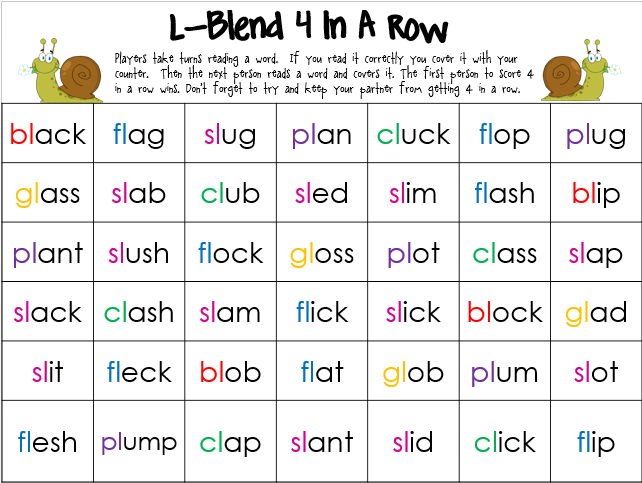 However, when studying its semantic function, as in the essay by L. Krasnova, the concept of rhyme, that is, “territorial agreement”, organizational-sound repetition, is often replaced by the concept of rhyming words. As a result, a number of words with a certain attribute are singled out from the integral structure of the poem. And then more or less convincing conclusions are drawn about the “independent semantic content” of this series and about its correspondence to the full semantic spectrum of the work.
However, when studying its semantic function, as in the essay by L. Krasnova, the concept of rhyme, that is, “territorial agreement”, organizational-sound repetition, is often replaced by the concept of rhyming words. As a result, a number of words with a certain attribute are singled out from the integral structure of the poem. And then more or less convincing conclusions are drawn about the “independent semantic content” of this series and about its correspondence to the full semantic spectrum of the work.
The possibilities of such an analysis are limited by two circumstances. First, the meaning of a poetic word depends especially strongly on the general context of the poem. When a word is isolated, its meaning is distorted, the unique semantic halo, which characterizes the originality of poetic word usage, is lost. And secondly, with this approach, rhyme turns out to be a sign, external and even, as it were, optional in relation to the aspect of the word under study.
There are many ways, from rhythmic to polygraphic, to underline or veil a verse word.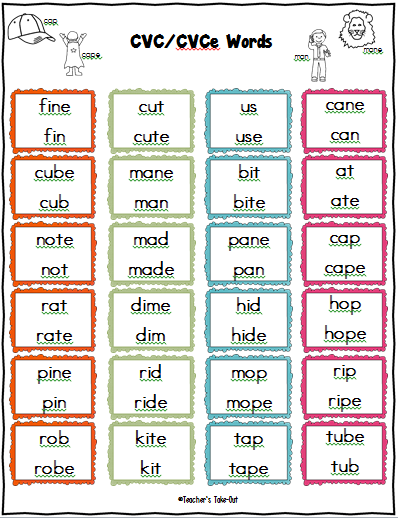 But if the question is why these and not other words are in any way emphasized, then the answer to it has become a truism already in Boileau's time. Particularly significant words stand out, and we attach the greater importance to them, the more clearly they are highlighted. However, it is not harmful to once again be convinced of this.
But if the question is why these and not other words are in any way emphasized, then the answer to it has become a truism already in Boileau's time. Particularly significant words stand out, and we attach the greater importance to them, the more clearly they are highlighted. However, it is not harmful to once again be convinced of this.
In December 1906, Blok wrote in his notebook: “Every poem is a veil stretched out on the points of a few words. These words glow like stars. Because of them, there is a poem. The darker it is, the further these words are from the text ... It is good to write both starry and starless poems, where the stars can only flare up or you can light them yourself. There is no reason to believe that the luminous words will necessarily be rhyming words 1 . It is not necessary to identify them, as L. Krasnova does in one of the subsequent essays, with the most frequently encountered, “favorite” words.
A. Blok's entry dates back to the same time: “I have been dissatisfied with my poems since the spring .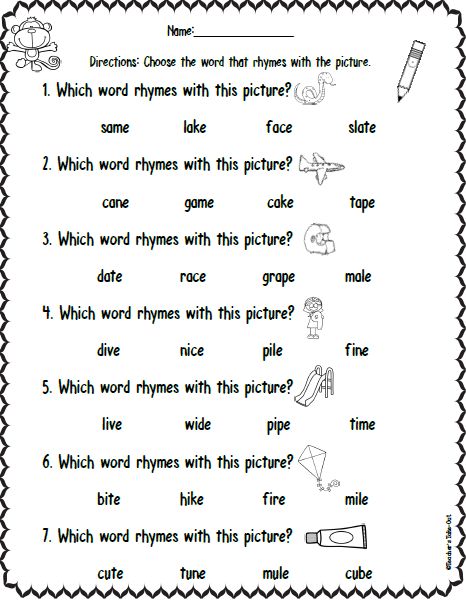 .. Then ... I wrote poems so-so, half-necessary. Stretched. I threw myself into rhymes. It can be said that Blok did not neglect the possibilities of rhyme as a way to emphasize the meaning of a word, but he did not give this method the slightest preference over others. This is evidenced by the organic nature and semantic concentration of Blok's rhyming words.
.. Then ... I wrote poems so-so, half-necessary. Stretched. I threw myself into rhymes. It can be said that Blok did not neglect the possibilities of rhyme as a way to emphasize the meaning of a word, but he did not give this method the slightest preference over others. This is evidenced by the organic nature and semantic concentration of Blok's rhyming words.
At the beginning of her essay, L. Krasnova sets out to determine "how rhymes are born." Probably, in order to characterize the individual features of poetic handwriting, it would be useful to turn to the special problems of versification technique - this Cinderella of poetic culture - and try, based on drafts, sketches and variants, to identify the role and degree of participation of rhyme in the process of creating a poem.
In the book by L. Krasnova, on the other hand, an attempt is made to study immanently rhymes “forcibly freed from the charm of Blok’s verse” (D. Samoilov), torn away both from the context of modern Blok’s poetic reality, and from the history of rhyme in Russian poetry, which is unlikely to be fruitful, and the results of such a study have only potential value.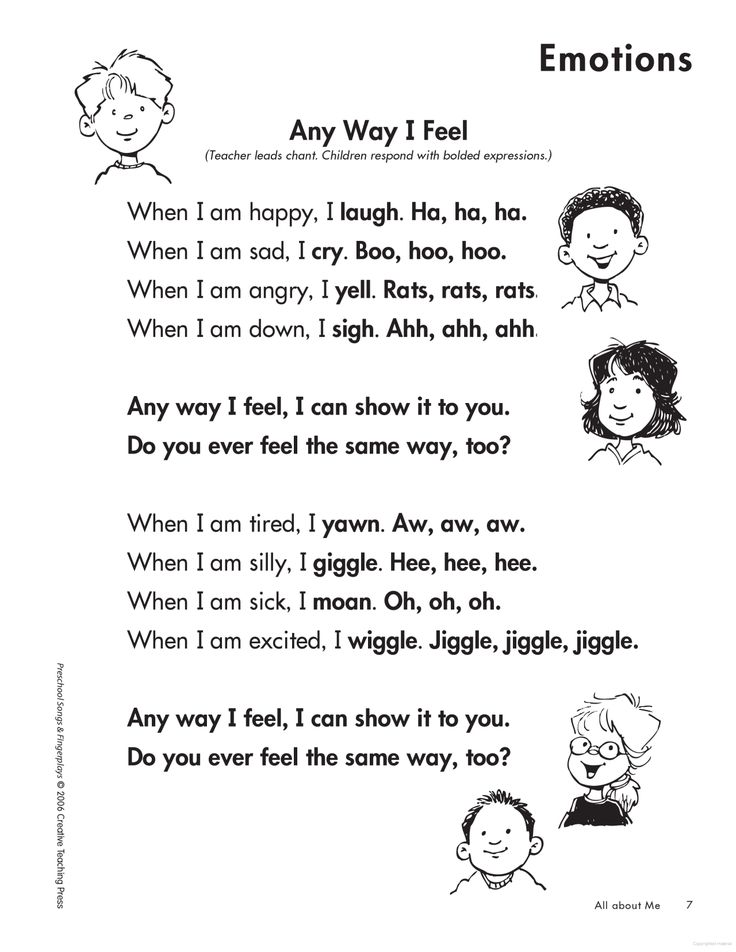
As for the rest of the essays, they deal with color and sound images, means of antithesis, inversion, and multipart constructions in Blok's poetry. Written more confidently and concisely, these essays are read with great interest. This is partly due to the fact that here in the author's field of vision are not only rhymes, but also lines, entire stanzas of Blok. Here, there are also apt, accurate observations on the characteristic features of Blok's poetics. because it tangibly corrects conventional wisdom about the harmonically amorphous "musicality" of Blok's poetic language. Attempts to establish correlations between the elements of stylistics and the themes of poems are also interesting, but their value is reduced by methodological inconsistency, which is especially evident in the essay on rhyme. Stating the existence of certain syntactic norms, the violation of which in poetic speech leads to specific effects, the author writes: “We strive to start a phrase with a predicative impulse, to keep the defining word before the defined, and the addition after the predicate.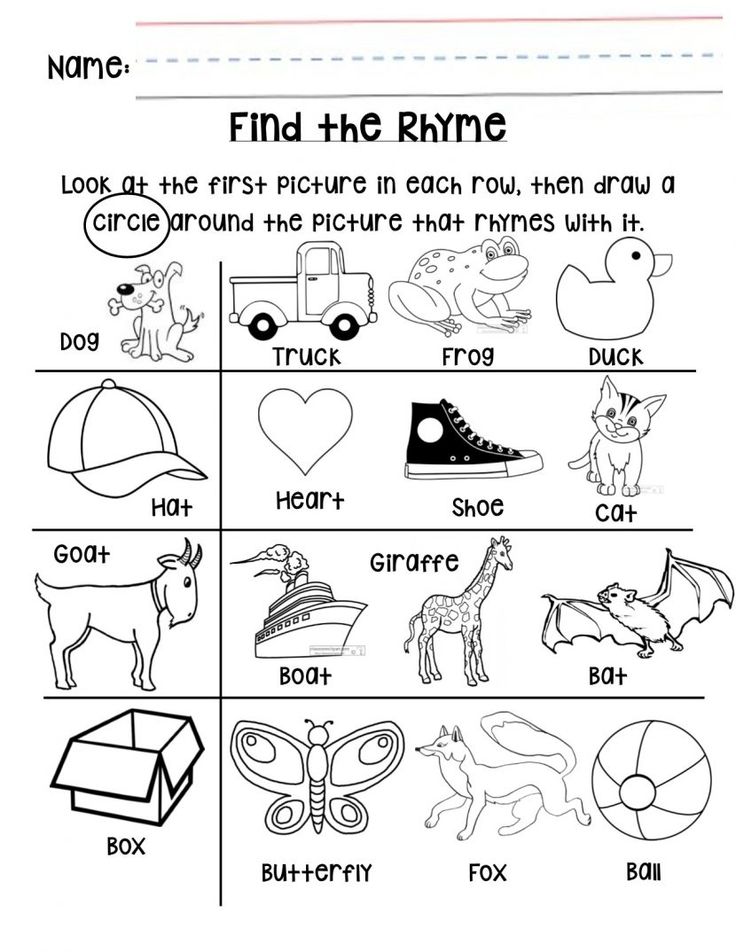 ” Perhaps this is the way it is, but the fact is that we do not speak in verse. The syntactic norms of ordinary, colloquial speech and the norms of poetic syntax do not coincide, and the originality of poetic intonation is revealed when compared with these latter.
” Perhaps this is the way it is, but the fact is that we do not speak in verse. The syntactic norms of ordinary, colloquial speech and the norms of poetic syntax do not coincide, and the originality of poetic intonation is revealed when compared with these latter.
L. Krasnova is clearly inclined to exaggerate the significance of the element of style she considers in the overall structure of the poem. But it's not only that. Having cited two inverted passages on the same topic, the author suddenly discovers: “...But how different they are! In the first - "nebula", alienation, in the second - a living fire of feeling. It is strange, of course, that L. Krasnova, who devoted an entire essay to the amazing ambiguity of the word “fog” (as it turned out, exactly 208 times found in Blok’s poetic vocabulary), chose it to indicate her attitude to the cited stanza. Without sharing her point of view on the poems from which the quotes are taken, we note the following. Maybe on a certain one.